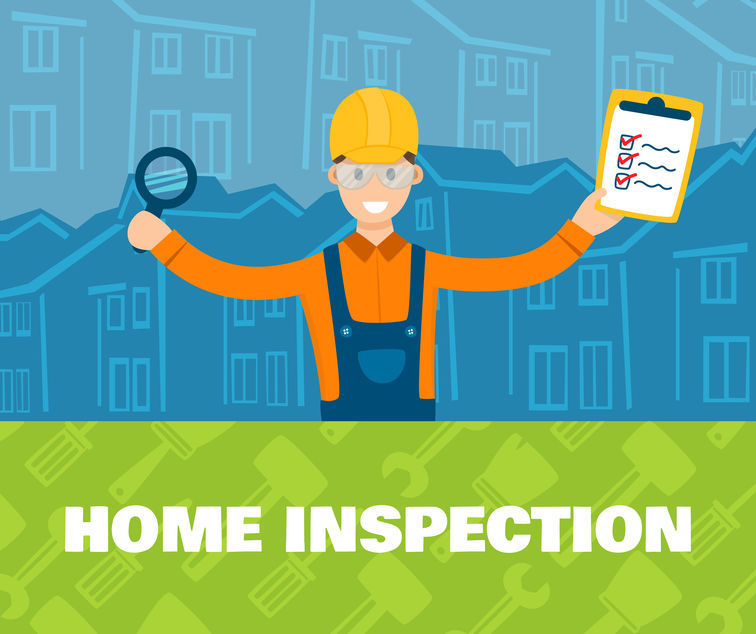Issue 1: Does an “As Is” Clause in a Contract under Florida law Include Termites?
Yes. An “as is” clause in a contract under Florida law does not waive the duty a seller has to disclose to buyer facts materially affecting the value of the property and are not readily observable to the buyer. Levy v. Creative Const. Services of Broward, Inc., 566 So. 2d 347 (Fla. 3d DCA 1990); Solorzano v. First Union Mortg. Corp., 896 So. 2d 847 (Fla. 4th DCA 2005); Rayner v. Wise Realty Co. of Tallahassee, 504 So. 2d 1361 (Fla. 1st DCA 1987); See Johnson v. Davis 80 So. 2d 625 (Fla. 1985). To have a claim under Johnson, the buyer must prove (1) the seller knew of the defect, (2) the defect materially affects the value of the property, and (3) the defect was not readily observable. Id. However, if there was a problem that the seller thought had been solved previously, the seller does not have a duty to disclose. Spitale v. Smith, 721 So. 2d 341, 345 (Fla. 2d DCA 1998) (where seller did not have duty to disclose of a roof leak the seller thought had been repaired and was unaware of the recurring problem).
Issue 2: Can we sue the home Inspection Company for Failure to Adequately Perform?
When purchasing a house, a wood-destroying organism inspection report is required. See Florida Statute 482.226. There could possibly be a recovery for damages under the Florida Deceptive and Unfair Trade Practices Act (“FDUTPA”). FDUTPA only allows for recovery actual damages, not consequential damages. Additionally, FDUTPA does not allow for the recovery of punitive damages. Urling v. Helms Exterminators, Inc., 468 So. 2d 451, 1985. A person can sue if there is evidence that the inspector was negligent in his duty. Rayner v. Wise Realty Co. of Tallahassee, 504 So. 2d 1361, 1365 (Fla. 1st DCA 1987); McNease v. Bone, 448 So. 2d 1160 (Fla. 1st DCA 1984). The caveat is that there may not be a recovery for damages if the client was informed of previous infestation at closing. No-Risk Chem. Co., Inc. v. El-Kerdi, 453 So. 2d 482 (Fla. 2d DCA 1984).








